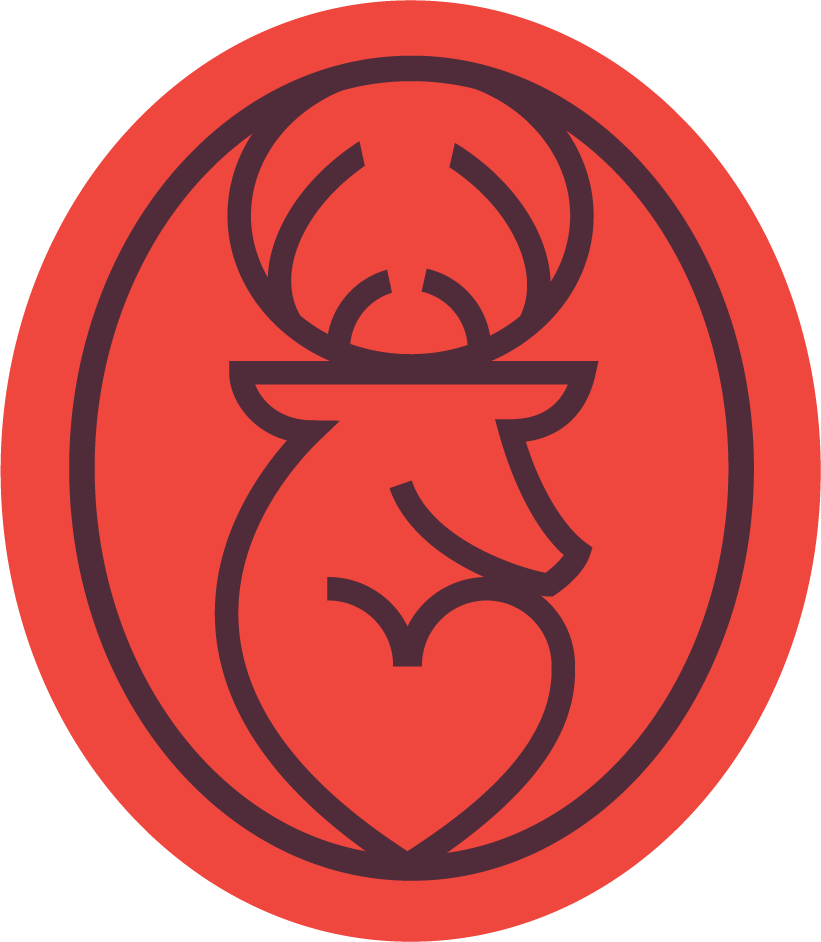Claiming Your Creativity (and why it matters)
A few years ago, I wrote a novel.
It took years to finish a draft.
I'd start it, then stop. It was taking so long!
I wanted to publish it. I saw myself going to bookstores around the country, doing book signings.
Then I'd look at my measly progress and give up.
The achievement monster -- the ego -- kills the essential act of creativity.
Of course, I had lots of good excuses -- like raising children, "real" freelance journalism jobs that paid.
But mostly, it was the sabotaging gremlins that stopped my creative process dead in its tracks.
Saboteurs show up, especially when you start to really commit to something new.
"Who do you think you are?" they taunted.
"What makes you think you can write a whole novel?" they dared.
"This is a waste of time," they challenged.
"You're not a real writer," they bullied.
"It's time to grow up and face reality," they reasoned.
It was this last one that almost made me put the project away for good.
I tried to move on with my life.
I was a journalist, after all, I wrote every day. So I was still a writer, wasn't I?
But that wasn't the point.
The process of writing fiction is a creative one.
Though it calls on the same basic skill of putting words to paper, fiction is born of the same place as dreams.
It is messy and wild. At times it is more like channelling than the more conscious act of journalism.
I desperately wanted to feel this. The act of letting go enough that I could give birth to something new.
The gremlins got so loud, I began to believe they were the truth.
There is nothing like the grief of giving up on a dream for the wrong reasons.
I was unspeakably sad.
I knew my soul needed to try.
So I hired a creative coach.
This time, I aimed to fall in love with the process, the everyday commitment to it.
My coach helped me stay on track, and when I wasn't, she helped me amend my commitments so I could stay in the dance of writing.
She did not help me write the book in any sort of mechanical way.
She helped me get out of my own way.
She helped me honor and protect my creativity.
Here are some of the other big takeaways of my creative endeavor:
• Timing. There's a time for editing or feed back. Enjoy the experience of BEING creative. Resist the temptation to determine if you’re good at it.
• Be protective. Be very discerning about whom you seek feedback -- especially in the early stages of your creativity.
• Be clear. Be clear about the level of feedback you are looking for.
• Nurture your creativity beyond the project itself. I took myself on "artist dates" and colored in intricate coloring books, for example.
• Bolster self-belief. This can be a full-time job in itself.
• Learn the voices of your saboteurs. Banish them from the room. They are sneaky, destructive liars.
I wrote my novel one word, one sentence, at a time.
I finished a second draft and got about two thirds through a third.
But this time, when I put it on the shelf, it wasn't because of my saboteurs.
I was done.
For now.
It is still alive inside me.
My characters that I discovered on the long, winding path, have continued to live their lives in a parallel universe.
Now, I have many creative outlets. Writing these blogs is one of them.
While I may get back to the novel one day, I no longer feel like I sold out on myself.
I learned essential lessons in the process of trying:
Creativity is much more than an "outlet."
Creativity is a life force, an essential part of being human.
When we're engaged in creative acts, we are fully alive.
To protect and prioritize creativity is courageous.
What are your favorite creative endeavors?
How do you claim and protect your creative time?
